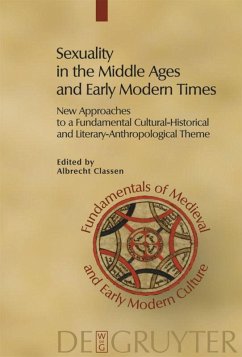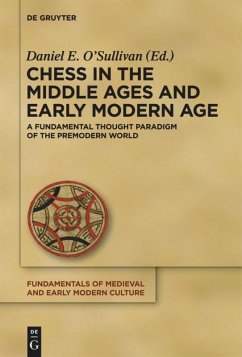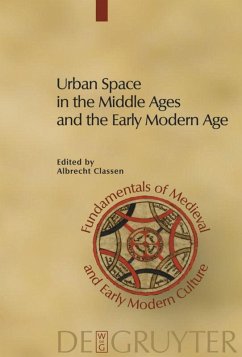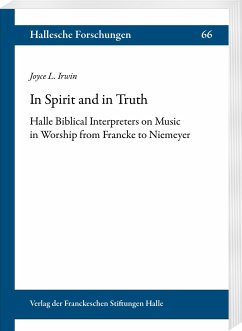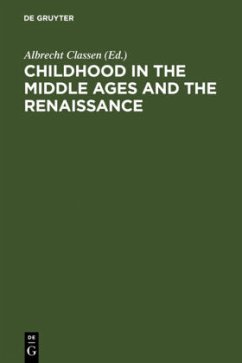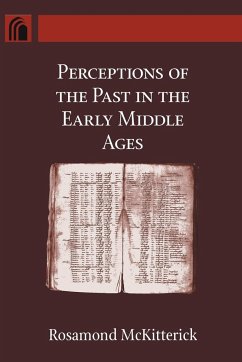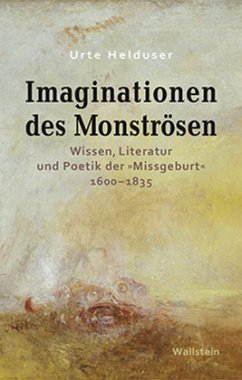Nicht lieferbar
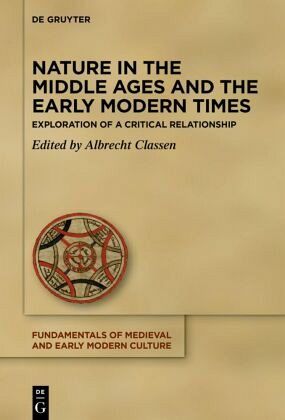
Nature in the Middle Ages and the Early Modern Times
Exploration of a Critical Relationship
Herausgegeben: Classen, Albrecht
Versandkostenfrei!
Nicht lieferbar
The study of pre-modern anthropology requires the close examination of the relationship between nature and human society, which has been both precarious and threatening as well as productive, soothing, inviting, and pleasurable. Much depends on the specific circumstances, as the works by philosophers, theologians, poets, artists, and medical practitioners have regularly demonstrated. It would not be good enough, as previous scholarship has commonly done, to examine simply what the various writers or artists had to say about nature. While modern scientists consider just the hard-core data of th...
The study of pre-modern anthropology requires the close examination of the relationship between nature and human society, which has been both precarious and threatening as well as productive, soothing, inviting, and pleasurable. Much depends on the specific circumstances, as the works by philosophers, theologians, poets, artists, and medical practitioners have regularly demonstrated. It would not be good enough, as previous scholarship has commonly done, to examine simply what the various writers or artists had to say about nature. While modern scientists consider just the hard-core data of the objective world, cultural historians and literary scholars endeavor to comprehend the deeper meaning of the concept of nature presented by countless writers and artists. Only when we have a good grasp of the interactions between people and their natural environment, are we in a position to identify and interpret mental structures, social and economic relationships, medical and scientific concepts of human health, and the messages about all existence as depicted in major art works. In light of the current conditions threatening to bring upon us a global crisis, it matters centrally to take into consideration pre-modern discourses on nature and its enormous powers to understand the topoi and tropes determining the concepts through which we perceive nature. Nature thus proves to be a force far beyond all human comprehensibility, being both material and spiritual depending on our critical approaches.




